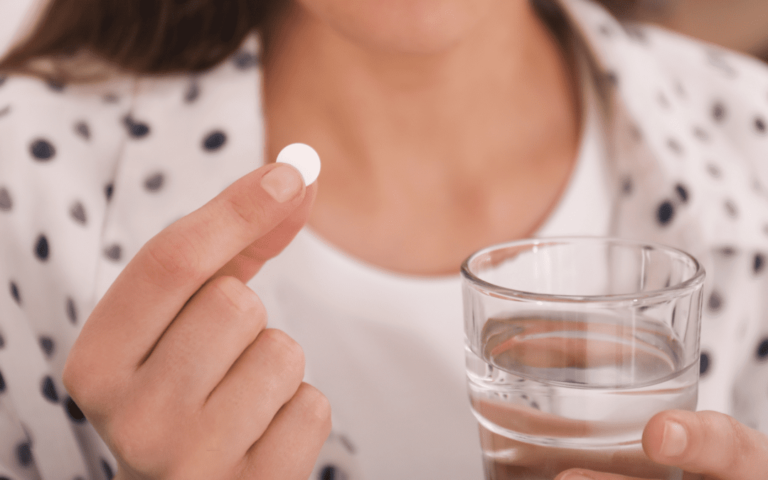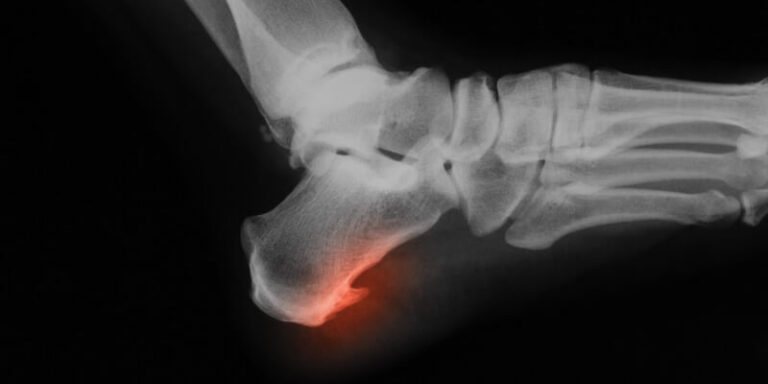How Whole Body Donation After Death Impacts Families: Emotional, Practical, and Lasting Effects
Making a decision about donating a whole body to science after death is indeed an important choice to make where one can contribute to scientific research, advancing medical education and scientific breakthroughs. For families, these choices usually hold much deeper meaning and reflect personal values, ethics, and the desire to do good for the human community. Understanding how such a decision may affect family members can help prepare future donors and their families to face unique emotional, logistical, and social experiences attendant upon whole body donation.
Emotional Implications for Family Members
The act of whole body donation after death to science provokes a bundle of emotions in those deciding on the process. For some families, it is empowering in the sense that it helps them feel a little more comforted to know that the death of their loved one is contributing to a cause greater than themselves. Recognizing the donation of the bodies to the science of their beloved contributes towards advancing medical science and may benefit future generations. This can cause them to feel proud, comforted, and even healed. This perspective allows them to endure the loss and feel close to the person whose legacy lives through them.
However, not all family members see it the same way. While others find peace, others may shun it because of the lack of traditional funeral rituals, or they can’t understand and process the thought of making their body a donor. Here, family members may be dealt with complex emotions like guilt, being uneasy, or somehow dislodged from the emotional closure that a conventional burial or cremation makes available.
If you wish to donate your whole body to science, it is best to have an open communication between the family members and even your close friends so that at least they would be prepared in advance and know the underlying reasons behind the decision to donate.
Role of the Family in the Decision
The decision to give away the body to science, in many cases, is made by the person in their living will or advanced directive prior to their death. In such cases, because of emotional involvement, members of the family feel a sense of duty that they have to honor this last wish and, thus, achieve a kind of closure.
However, if the decision is to be taken by the family after the person’s death, this will perhaps bring a different type of responsibilities and conflicts between the family members, who may have different beliefs or views on the subject.
In this kind of situation, family dynamics come into play. In case there is a lack of previous communication, whole body donation after death can be riddled with differences or turned into a pressure situation on one member to make the final call. Such conflict can be avoided by advising intending body donors to discuss their intentions with family members before the incident, making them aware of the motivations and the process. As such, the discussion may boost unity in families and make matters less complicated when a decision has to be reached.
Impact on Funeral and Memorial Traditions
In general, the whole-body donation will alter the standard funeral plans, as the body is not returned for burial or cremation. This change in the routine can be heartbreaking for families to acknowledge and be prepared to understand when they want the traditional funeral rites as part of the healing process. Many donation organizations plan a memorial service, offer suggestions on how a ceremony can take place, or permit the return of the cremated remains upon completion of scientific use, but this may also vary with the donation organization.
Some families consider whole body donation as an act of final service and consider it to be greater than a funeral, cremation memorial, etc. Many families have held a memorial service without the body as their own way of expressing honor and remembrance for the life lived by their loved ones and what they leave behind. Incorporating new ways of memorializing after a whole body donation can be a fulfilling method by which families can connect with their loved one’s altruistic decision and still have closure on things.
Legacy and Long-Term Psychological Benefits
For many families, the impact of body donation does not end with the grieving process. The donation of the whole body is regarded as a gift for future generations through contribution to medical progress. Families may find comfort in the fact that donation by their loved one might contribute to the development of treatments, education of health care professionals and scientific knowledge.
Over time, members of the family may also come to appreciate more the selfless decisions their loved ones have made, taking comfort in the fact that their donations represent an immeasurable gift to science. Such a lasting impact can be highly significant for children and grandchildren who take pride in their relatives’ choices to donate to a greater cause. Many families remember this legacy by keeping track of developments in medicine or doing work that is close to the heart of the loved one.
Conclusion: Embracing the Impact of Full Body Donation on Family
The full body donation after death hugely impacts a family’s process of grieving, remembering, and recovery over time. It may arise with intense emotional complications but also offers a unique pathway to closure with honor and cost savings. Families can be guided in a transformation, embracing open communication, respect for personal beliefs, and preparing themselves for alternative memorial options and possibly more. The journey thus taken allows for the glorious, whole-body donation to stand as an excellent testimony to one’s desire to make a difference by leaving an enduring legacy that resonates within the family and society at large.







